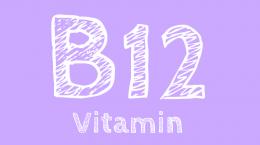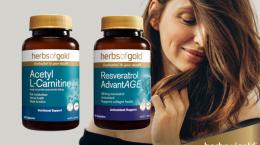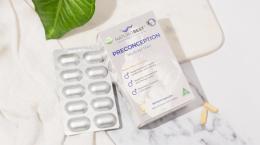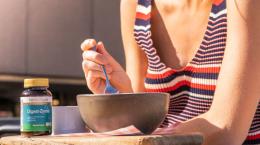What exactly is Quercetin? How does Quercetin work?
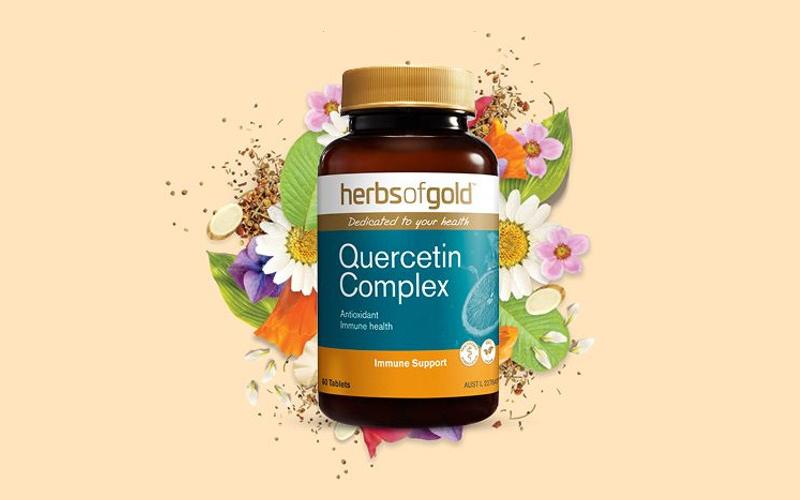
Quercetin has stumbled into fame as the ingredient of the moment over the past few years. But what exactly is quercetin, how does it work, when should you use it, and how should it be taken?
This article has been written by Herbs of Gold
What is Quercetin?
The first hurdle with quercetin is how to pronounce it! Pronounced in three syllables - “Kwur-si-tin”, when the name is broken down this way, it actually rolls off the tongue pretty easily.
Quercetin is an active compound naturally found in plants and is one of the major flavonoids in our diet, making up as much as 75% of our total flavonol intake[1]. Quercetin is the pigment responsible for the vibrancy of colour in fruits and vegetables and as such, features in abundance in plant-based diets.
The quality of the fruits and vegetables you eat also influences the amount of dietary quercetin you receive, with one study revealing organically grown tomatoes have around 79% more quercetin than their chemically grown counterparts[2].
Food sources of quercetin
Among so many fruits and vegetables, quercetin can be found in abundance in:
- apples
- grapes
- onions
- tea
- nuts
- berries
- cauliflower
- cabbage
How does Quercetin work?
Quercetin is known for its antioxidant activity and scavenging free radicals in the body. It is also well loved for it’s immune-supporting properties. Specifically, in vitro evidence has shown that quercetin can help inhibit the release of histamine[3].
Histamine is the compound released by mast cells in response to an allergen or irritation which causes the dilation of blood vessels and blood capillaries resulting in a variety of symptoms such as watery eyes and a runny nose.
When parts of the body are exposed to these irritating stimuli, the histamine response kicks in, focussing on removing the irritating stimuli so the healing process in the body can take place.
Quercetin has the unique ability to influence this response, by lowering the hyperactivity of the specific cells and in turn reducing the amount of histamine released[4].
When should you use Quercetin?
As an antioxidant, quercetin can be beneficial for maintaining overall good health. Specifically, quercetin supports healthy immune system function so can be taken at times when extra immune support is needed.
How should you take Quercetin?
Research recommends taking quercetin in divided doses, making it the most beneficial way to access the benefits of the flavonols[5]. Taking one tablet three times a day provides a therapeutic dose of quercetin over a spaced-out period of time, allowing the nutrient to be absorbed and metabolised in stages.
* * * * *
Herbs of Gold offers high-strength quercetin in a therapeutic formula, Herbs of Gold Quercetin Complex. This golden formula includes quercetin, supported by a combination of rutin and hesperidin not only for their combined potent antioxidant actions, but also for their ability to support healthy blood vessels and capillaries.
This well-rounded formula also contains vitamin C, supporting both the health and function of the immune system.
References:
[1] Chun, O. K., Chung S. J., & Song, W. O. (2007). Estimated dietary flavonoid intake and major food sources of U.S. adults. Journal of Nutrition, 137(1),1244–1252.
[2] Mitchell, E., Hong, Y. J., Koh, E., Barrett, D. M., Bryant, D. E., Denison, R. F., & Kaffka, S. (2007). Ten-year comparison of the influence of organic and conventional crop management practices on the content of flavonoids in tomatoes. Journal of Agricultural Food Chemicals, 55(1),6154–6159.
[3] Mlcek, J., Jurikova, T., Skrovankova, S., & Sochor, J. (2016). Quercetin and its anti-allergic immune response. Molecules, 21(5), 623.
[4] Jafarinia, M., Sadat Hosseini, M., Fazel, N., Fathi, F., Ganjalikhani Hakemi, M., & Eskandari, N. (2020). Quercetin with the potential effect on allergic [….]. Allergy, Asthma & Clinical Immunology, 16(1), 1-11.
[5] Batiha, G., Beshbishy, A., Mulla, Z., Ikram, M., El-Hack, M., Taha, A., Algammal, A., & Elewa, Y. (2020). The pharmacological activity, biochemical properties, and pharmacokinetics of the major natural polyphenolic flavonoid: quercetin. Foods, 9,374.

